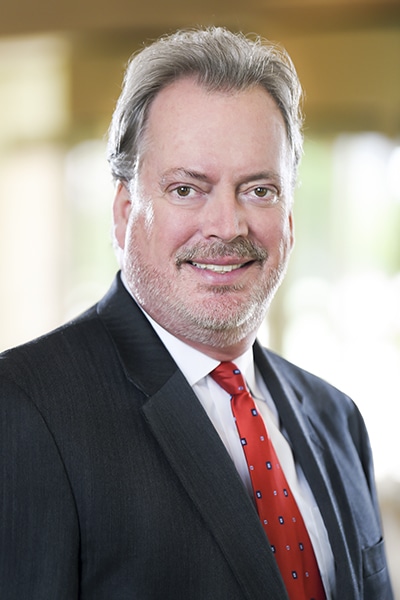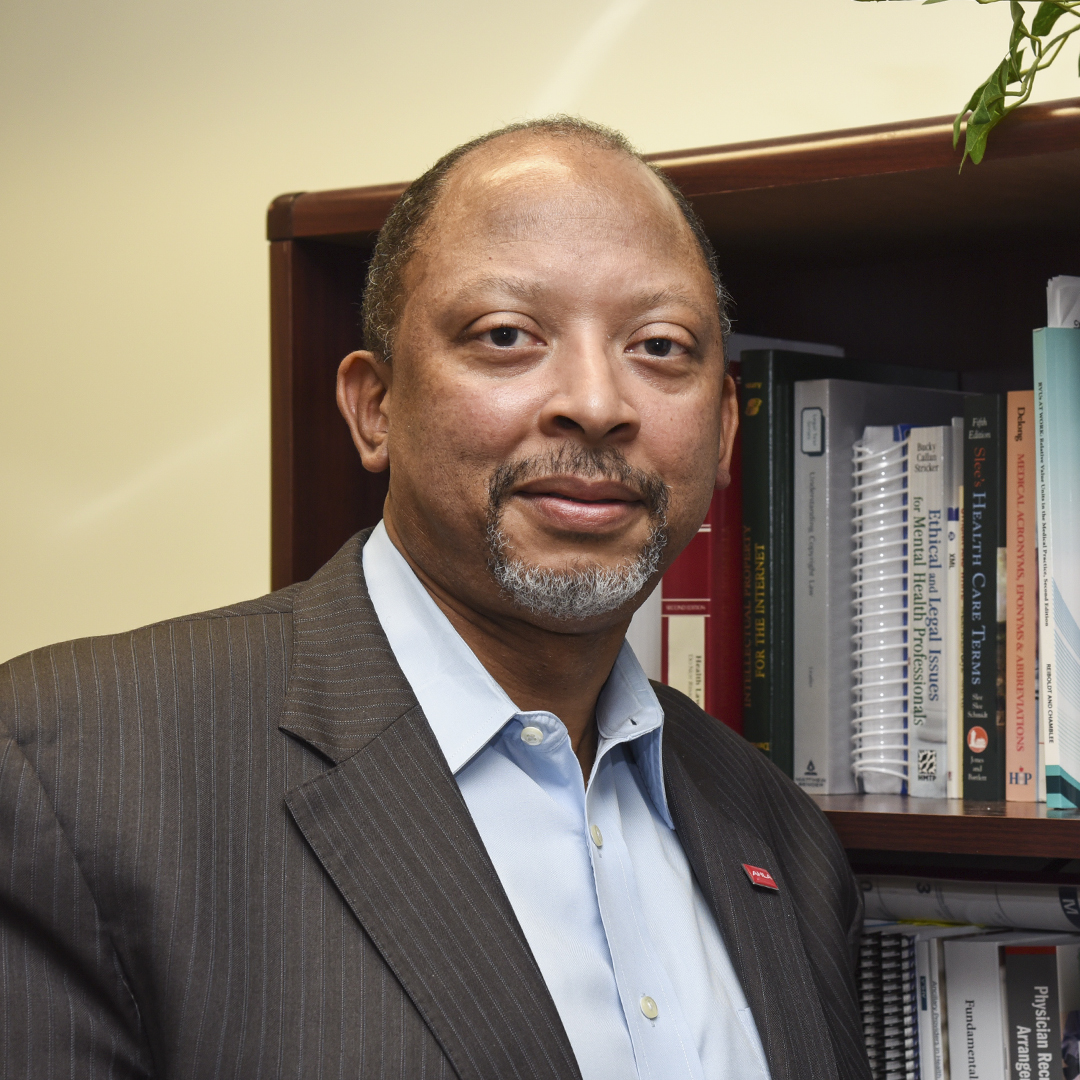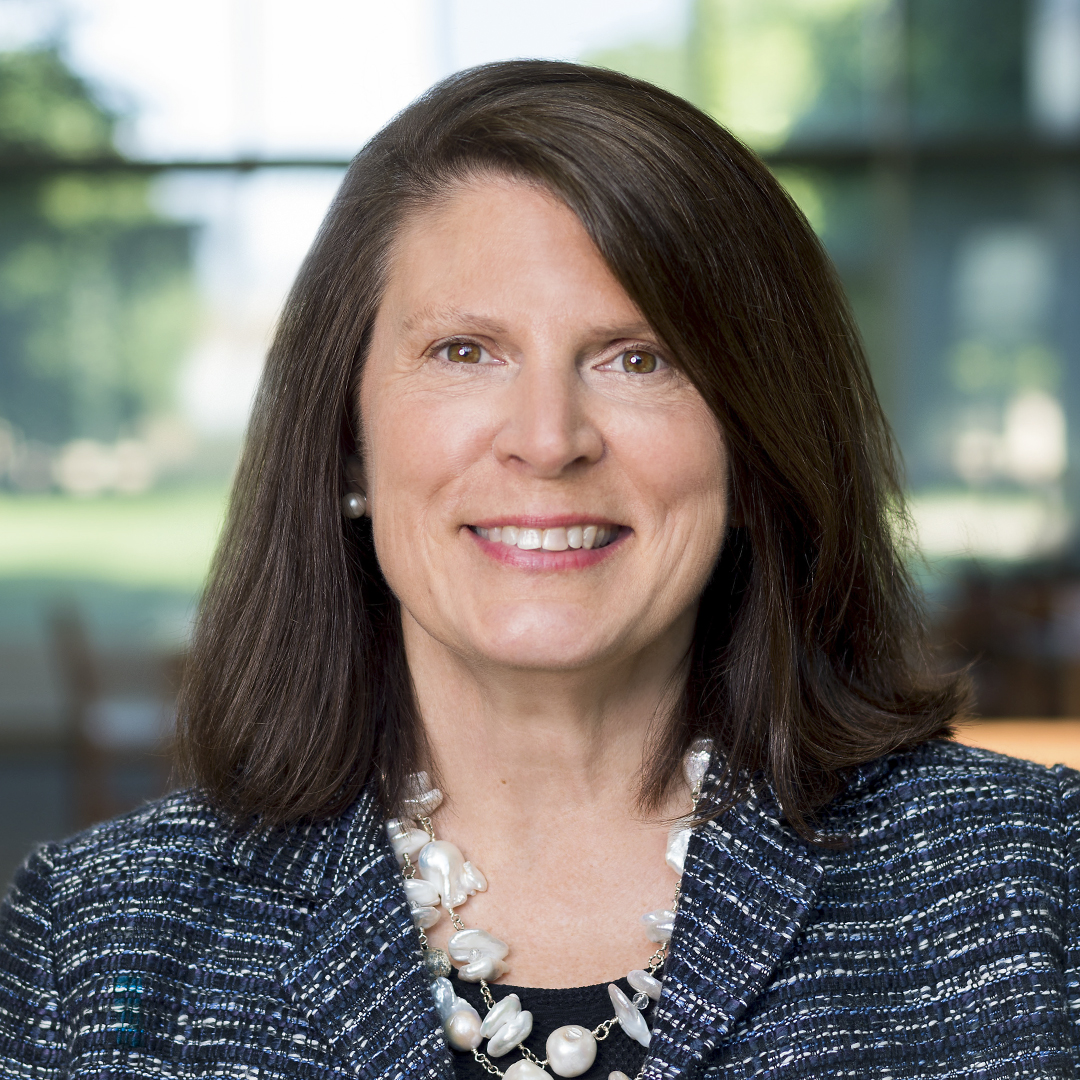While the other kids were out having fun on Friday night, John Meiners spent his nights and weekends in his college years as part of a maritime search and rescue unit. “I had a pager on my side, and we were dispatched for operations all across the Tampa Bay area,” Meiners says. Though he didn’t find a career in naval rescue missions, he did find a passion for service and helping others in need that he’d carry into the workplace. Today, he’s undertaking a very different yet equally essential mission—improving CPR knowledge through new technology and other innovative methodologies as chief of mission-aligned businesses and healthcare solutions for the American Heart Association.
Even before his search and rescue days, Meiners knew he would spend his life helping people. He studied chemistry in college, assuming he’d end up in medical school. But after graduating, he found himself to be particularly adept at fusing science and medicine with business. He started on that journey in earnest in 1990 when he took his first role at the American Heart Association. Twenty-eight years later, Meiners has grown and changed along with the organization, finding new ways to improve the health of others every step of the way.

The organization recruited Meiners for his fundraising background and sales and marketing experience, and the role afforded the Floridian the opportunity to explore his passion after other jobs in sales. “I was immediately drawn by the American Heart Association’s goals to help people live longer, healthier lives,” he says. “For that reason, most days it doesn’t even feel like work. It’s not hard to get up every morning when you know that what you’re doing is saving people’s lives.”
That’s true, he adds, for most of his teammates, not to mention the more than thirty million volunteers and supporters. While he’s risen in the ranks across his nearly three decades with the American Heart Association, Meiners is quick to credit the efforts as team-driven. “As a leader, you can only be as successful as the people that you surround yourself with. We’re fortunate to have the best thought leaders in the world willing to share their insight and their expertise with us,” he says.
He adds, “Our CEO, Nancy Brown, asked me to leave my position as an affiliate executive vice president managing one of our regions to come back to Dallas to manage the program for emergency cardiovascular care, or ECC,” he says. “Between courses I’d taken earlier in my career and my time on the search and rescue team as an emergency medical technician, I found myself, back in medicine again.” Meiners took on his most recent title, chief of mission-aligned businesses and healthcare solutions, in 2016. In this new role, he has taken the lead on development and expansion of the Association’s businesses, aiming specifically to help reduce mortality from cardiovascular diseases and stroke by 25 percent by 2025. A big part of achieving that incredible number comes from educational and training efforts in ECC, which encompasses CPR and first-aid training.
Meiners quickly learned that while science had changed massively in the intervening thirty years, the way the methods were taught hadn’t changed much at all. Courses were instructor-led, with textbooks and DVDs sold as backup. Some training centers still had stores of VHS tapes, even in 2010. Some other nonprofits and venture capital companies had looked into ways of disrupting the field, but Meiners knew he needed to move quickly to find efficient and safe ways to create that competency.
“We quickly partnered with some companies to create digital learning platforms for all of our courses,” Meiners says. While working on the cutting edge in some regards, healthcare providers can be slower to adopt new technologies for education purposes. The data showed that CPR courses and the traditional recertification processes every two years weren’t properly training individuals. Instead, Meiners and his team’s analysis showed that retraining or practice on compressions and ventilations every 3–6 months would be much more prudent.
Simply put, traditional methods were no longer the most efficient, and changes to the education process needed to be made. “Doctors went to lecture sessions to get their medical degrees, but many organizations have shuttered their traditional training centers,” he explains. Digital learning platforms have seen a major increase in the past five years, though not all have been calibrated to the needs of the industry, nor have the healthcare professionals necessarily been trained properly in their use.
The American Heart Association joined forces with Laerdal Medical on their learning tools; the Norwegian company has been a leader in the resuscitation simulation space, having created the Resusci Anne mannequin for CPR courses. Together, the companies determined a need to build a platform for short, recurrent lessons.
“We needed low-dose, high-frequency training; we needed to look at psychomotor skills, where continual practice was necessary to maintain a level of proficiency,” Meiners says. The final product, Resuscitation Quality Improvement (RQI), uses high-fidelity simulation equipment and gives measurable data on clinical performance.
“John was instrumental in developing RQI and forming RQI Partners, LLC,” says Brian Eigel, RQI Partners’ chief operating officer. “His ability to identify new possibilities to accelerate the American Heart Association’s lifesaving mission makes John a truly exceptional leader driving breakthroughs to help others.”
Another important difference is the portability of the simulation tool. A hospital sending doctors and nurses to a simulation lab miles away every ninety days wasn’t feasible, but the RQI portable solution could be stationed at places throughout the hospital for maximum ease. “If you’re a busy professional and only have fifteen minutes once a quarter, you can practice and complete the skills,” Meiners says.
The Association and Laerdal took additional steps to ensure that the online elements of the training programs would be more engaging, through gamification and microsimulation.
Meiners and his team wanted to create an experience in which professionals felt like they were in a real experience and would put their actual practice to the test rather than merely clicking through slides and watching a video. Additionally, collaborative tools have been an important addition. “Resuscitation is not an individual sport, it’s a team effort,” Meiners says. To engage healthcare professionals realistically, they’re developing processes and procedures for medical emergencies such as first aid, in addition to CPR.
Always eager to discover new ways to make a positive impact, Meiners is proud of his team’s ability to meet the needs of markets outside the United States. In the past eight years, the CPR and resuscitation programs have connected more than a thousand training centers across ninety-three countries. In 2017 alone, the Association helped train more than 2.5 million people outside of the US.
“Everyone you know has been affected by cardiovascular disease,” Meiners says. “Three out of four of my own grandparents were taken by the disease. We’ve got a long way to go to help people understand how they can live longer, healthier lives.” But by continuously thinking creatively and developing new tools to resolve unmet needs, Meiners and his team are taking major steps to fill that gap.
RQI Partners, LLC is a joint venture partnership between the American Heart Association and Laerdal Medical, positioning the organizations to deliver innovative solutions that accelerate the impact of their lifesaving mission and support its vision to eliminate preventable cardiac arrest deaths. The company blends the Association’s leadership in evidence-based science and education with Laerdal’s expertise in technology and implementation to deliver impactful and innovative resuscitation quality improvement programs and products.
Committed to continuous learning and a passion for excellence, RQI Partners is creating a new standard of care that shifts resuscitation practice from course completion to everyday competence, dramatically enhancing patient outcomes across healthcare systems.
Impelsys is a leading provider of technology solutions and services for education providers, publishers and enterprises – managing content and learning delivery on their flagship platform – iPublishCentral Suite, the World’s Most Comprehensive Read-to-Learn Solution. Impelsys also provides courseware development and content engineering services across digital product development lifecycle, helping clients build new digital products ranging from ebooks to simulations to online courseware.
To learn more, please write to corpmarketing@impelsys.com or visit www.impelsys.com.


